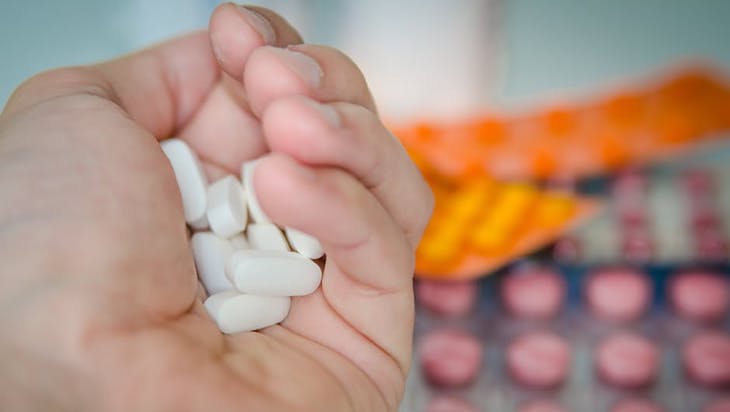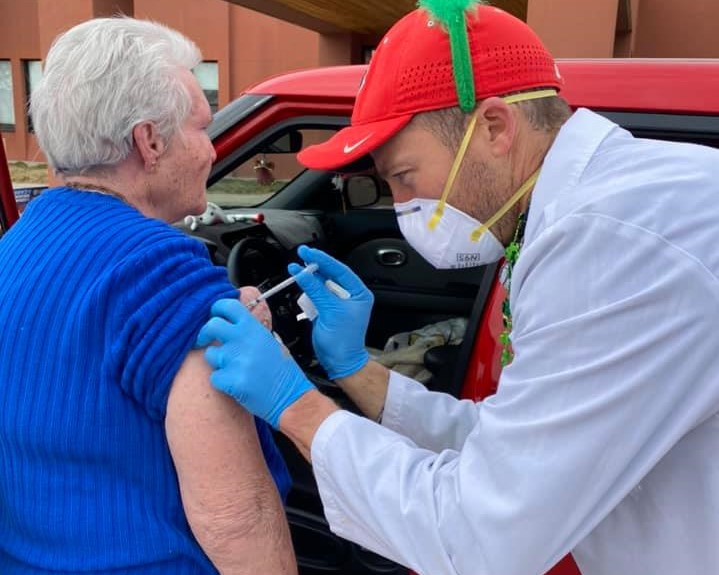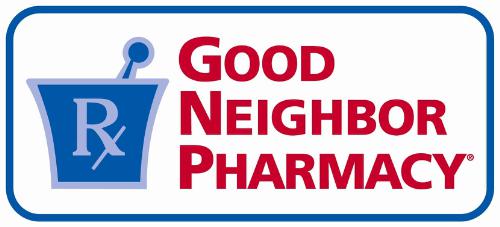From Elevate Provider Network™ Weekly Upate
By Phyllis Houston, MSOL, Director of Pharmacy Performance, Amerisource Bergen
Patients with chronic conditions and complex drugs regiments are at an especially high risk of not taking the medications they need to successfully treat their conditions. And, as former U.S. Surgeon General C. Everett Koop once reminded prescribers, “Drugs don’t work in patients who don’t take them.”
Failure to follow a medication regimen is widely recognized as a top reason for treatment failures, serious adverse reactions and even deaths. In addition to poor patient outcomes, medication non-adherence can lead to hospital readmissions and expensive treatments that drive higher downstream healthcare costs.
As accessible and trusted experts, community pharmacists are ideally positioned to positively influence adherence and patient outcomes. Pharmacies can accomplish this by guiding their patients to take the right medications at the right times.
Note: Extensive detail for each of the nine steps is available on AmerisourceBergen’s industry resource KnowledgeDriven.com.
1. Educate patients about what to expect. New therapies begin with great promise for patients, but when a provider or pharmacy doesn’t prepare a patient for all potential outcomes, he or she may stop taking the drug.
2. Nurture relationships with patients. Patients see and interact with their pharmacist much more often than with their prescriber.
3. Team up with prescribers. Good communication between the prescriber and the pharmacist is critical.
4. Engage the staff. An efficient and team-based workflow benefits the pharmacy and its patients.
5. Learn about and use available technologies. Web-based tools like EQuIPP* (Electronic Quality Improvement Platform for Plans & Pharmacies) gather pharmacy claims data from health plans and PBMs and produce monthly scorecards that can be shared among the pharmacy staff.
6. Help patients customize their support tools. Understanding the various adherence tools available and how they are positioned to meet an individual patient’s preferences can have a measurable impact on adherence.
7. Schedule appointments. Pre-scheduling appointments can help alleviate some of the pressure to have patient conversations during the busiest hours.
8. Synchronize medications. This ensures a lack of interruptions in therapies and provides a better overall experience for patients-no more walking out with missing scripts or partial fills.
9. Take advantage of MTM platforms and CMR opportunities. The MTM process and comprehensive medication review (CMR) summaries allow for more one-on-one conversations with patients and will help uncover adherence issues.
A rise in Star Quality Rating scores is one way a pharmacy can measure their impact on patient medication adherence. Although not a real-time indicator, Star ratings are certainly a good measure of pharmacy performance and the adherence of patients. Logging into tracking tools at least once a month to check performance and see trends over time provides additional visibility. Of course, the ultimate measure is simply an uptick in prescription refills. READ MORE
*AmerisourceBergen will again be providing all Elevate Provider Network members with subscriptions to EQuIPP for the 2017 calendar year. You can access more detailed information and learn more about your year-to-date performance, as well as individual plan performance by logging into your EQuIPP dashboard (www.EQuIPP.org). If you haven’t logged in to EQuIPP yet, or have questions about your subscription, please contact the Elevate Help Desk at 888-880-1388 or [email protected].




